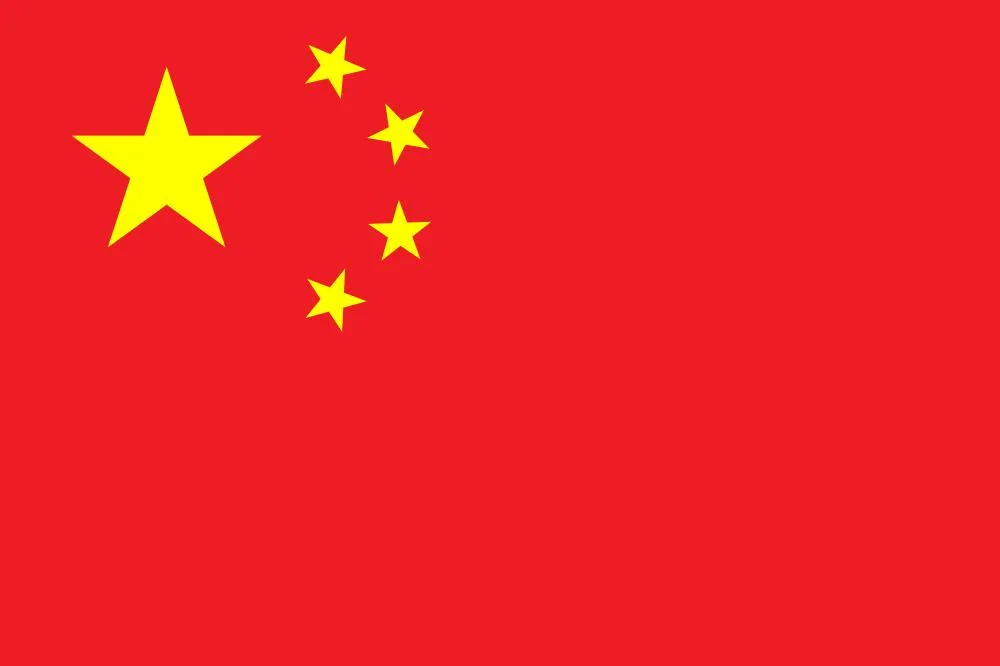A scandal uncovered in the U.S. of automobile majors like BMW, Jaguar, Land Rover and Volkswagen having in their supply chains the presence of banned products has also taken the lid off the secret that China is using the Uighur people of Xinjiang in forced labour programmes.
These companies continued to import components even after they had been informed in writing about the presence of products made in China with forced labour.
The U.S. has made it illegal to import goods produced by forced labour. In 2021, the U.S. framed the Uyghur Forced Labour Prevention Act (UFPLA) which banned a number of Chinese companies violating labour laws.
Such practices affect the Xinjiang region in north-west China; though, according to reports, all over China low-skilled laborers are underpaid.
In the Xinjiang region, in particular, however, the Uighur people are exploited by both Chinese companies and the Chinese government for forced labour.
A recent report titled “Insufficient Diligence: Car makers complicit with CCP forced labour” has revealed that one of the suppliers to some of these automobile majors are importing into the U.S. thousands of vehicles made with parts from Chinese companies banned under the UFPLA.
These labour programmes are also part of a major effort by President of China Xi Jinping to entrench control over this region, where the Uighur minorities make up for about half the population.
These parts, known as LAN transformers, were from a group banned by the U.S. from December 2023.
“The brutal oppression of ethnic Uighur in Xinjiang by the Chinese Communist Party, which includes systemic forced labour, has been classified by the State Department as genocide and a crime against humanity,” says the report titled ‘Insufficient Diligence.’
“The CCP has sought to forcibly reduce the birth rate among Uighur, and has placed restrictions on Uighur clothing, grooming, traditional customs, and religious practice. The CCP has detained over one million Uighur and other Muslim minorities in “re-education centres,” some of which have been converted to high-security prisons.
Uighur in these facilities are subject to “threats of physical violence, forcible drug intake, physical and sexual abuse, and torture to force detainees to work in adjacent or off-site factories or worksites.”
Efforts to forcibly relocate Uighur and other Turkic Muslim communities from their homes in rural areas to urban areas to work in factories are known as “Labour Transfer Programmes.”
The restrictions on the entry of products manufactured with forced labour in the American market are not of recent origin. Section 307 of the Trade Act of 1930 prohibits goods produced with forced labour from entering the U.S. market.
These restrictions were further strengthened in 2021 when the UFLPA was enacted under the Joe Biden administration to strengthen America’s commitment to combating forced labour in China.
“The UFLPA created a rebuttable presumption that goods mined, produced, or manufactured wholly or in part in Xinjiang or by an entry on the UFLPA Entity List are made with forced labour and therefore prohibited from being imported into the United States,” says the report.
Importers can, however, overcome this presumption by presenting clear and convincing evidence that the goods were not produced or manufactured in whole or in part with forced labour.
This standard of evidence extends beyond the immediate factory to the components, subcomponents, and raw materials.
In their effort to overcome the presumption, some automakers have conduct on-site audits done by trained in-house staff or third party auditors; to establish that their products do not use forced labour.
Unfortunately, in conducting these audits, the companies face hurdles posed by Chinese authorities; apparently to conceal the truth about forced labour.
“In response to the Committee’s inquiries, companies also disclosed that although they conduct audits within China, they understand (and adhere to) CCP restrictions that make conducting reliable audits difficult or impossible,” says the report.
“This includes, for example, the requirement that audits of suppliers as well as joint ventures located within China be scheduled in advance. This advance notice restrains companies’ ability to conduct random sustainability audits that more accurately depict the normal work environment of a given facility.”
Automakers also rely on questionnaires and self-reporting of suppliers to maintain visibility of their supply chains and determine whether their goods comply with U.S. law.
In China, however, this tool is also insufficient to proactively identify forced labour exposure in supply chains, says the report.
New York Times reporters visiting Kashgar some years ago had found Chinese officials ordering villagers from Muslim minority communities to be pushed into jobs, whether willing or not. Quotas for work had to be set and families penalized if they refused to fulfill them.
“Make people who are hard to employ renounce their selfish ideas,” the labour bureau of Qapqal, a county in the western part of Xinjiang, was quoted as saying in the NYT report.
They should be put in steady, supervised government-approved work which will erase poverty and prevent the spread of religious extremism and ethnic violence.
Such orders are part of an aggressive campaign to mould the Muslim minorities in Xinjiang into an army of workers for factories and other major employers. Under pressure from the authorities, poor farmers, small traders and idle villagers of working age attended training and indoctrination courses for weeks or months and then were assigned to stitch clothes, make shoes, sweep streets or do other jobs.
These labour programmes are also part of a major effort by President of China Xi Jinping to entrench control over this region, where the Uighur minorities make up for about half the population.
These forced labour programmes are an important part of the strategy of the communist government of China of social re-engineering of the minority communities in China.
The other part of the strategy is the setting up of indoctrination camps, which hold more than one million Uighur and Kazakh people in captivity.
Villagers have to undergo military-style training to convert them into obedient workers, loyal to employers and the ruling Communist Party of China.
“Turn around their ingrained lazy, lax, slow, sloppy, freewheeling, individualistic ways so they obey company rules,” says one of the directives; as quoted in the NYT report.
The position of the Chinese government is that the Uighur and Kazakh villagers are rural surplus labour, they are underemployed people who threaten social stability.
They should be put in steady, supervised government-approved work which will erase poverty and prevent the spread of religious extremism and ethnic violence.









Comment